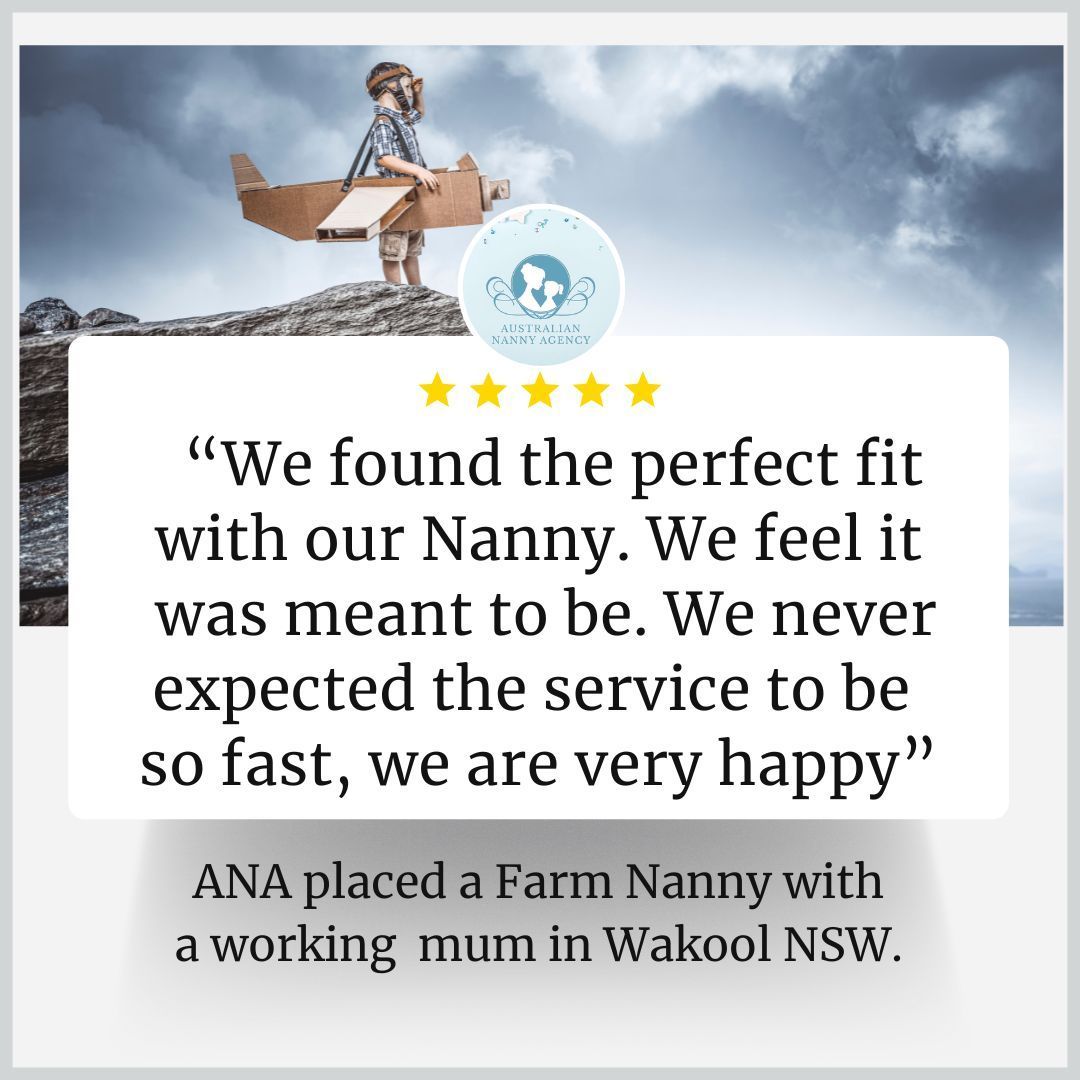Transforming Recruitment Approaches to Embrace Flexibility, Virtual Integration, and Global Talent in the Era of Hybrid Work

Remote Work Revolution: Adapting Recruitment Strategies for a Hybrid Workforce
The workplace landscape has undergone a seismic shift in recent years, driven primarily by the advent of remote work. What was once a temporary solution to an unprecedented global crisis has evolved into a long-term strategy for organizations seeking to enhance productivity, employee satisfaction, and operational resilience. As companies embrace hybrid models that blend remote and in-office work, the recruitment strategies employed to attract and retain talent must also adapt. This blog explores how the transition to remote work has transformed recruitment practices, emphasizing the significance of virtual onboarding, remote team assessments, and flexible hiring approaches to tap into a global talent pool.
The New Normal: Understanding the Shift
The pandemic catalyzed a rapid transition to remote work, compelling organizations to rethink their operations. In the wake of this shift, many companies have recognized the benefits of flexibility and autonomy provided by remote work arrangements. According to a survey by McKinsey, over 80% of executives are considering hybrid work models as a permanent solution. This new normal has not only redefined workplace dynamics but also reshaped the way companies approach recruitment.
Rethinking Recruitment Strategies
Virtual Onboarding: A Critical First Step One of the most significant changes in recruitment strategies is the emphasis on virtual onboarding. Traditional onboarding processes, which often involve in-person meetings and hands-on training, have been replaced by digital experiences. This shift demands a comprehensive approach to ensure new hires feel welcomed and integrated into the company culture.
Virtual onboarding must be meticulously planned to provide new employees with the tools and information they need to succeed. A well-structured onboarding program includes interactive training modules, virtual meet-and-greets with team members, and clear communication of company values and expectations. Organizations that invest in a robust virtual onboarding process can significantly reduce the time it takes for new hires to become productive, ultimately leading to higher retention rates.
Remote Team Assessments: Evaluating Skills Across Distances The reliance on remote work has necessitated a reevaluation of candidate assessment methods. Traditional face-to-face interviews and in-person assessments may not accurately reflect a candidate's ability to thrive in a remote setting. As such, recruitment strategies are increasingly incorporating remote assessments that simulate real-world tasks and scenarios.
Online skills assessments, coding challenges, and collaborative projects conducted via video conferencing tools are becoming standard practice in evaluating candidates. These methods allow organizations to gauge not only technical skills but also soft skills such as communication, collaboration, and adaptability—qualities that are essential for success in a hybrid workforce. By focusing on remote team assessments, companies can ensure they are selecting individuals who can effectively work in a distributed environment.
Flexibility in Hiring Practices: Tapping into a Global Talent Pool One of the most significant advantages of remote work is the ability to access a global talent pool. Organizations are no longer limited to hiring candidates within a specific geographic location, allowing them to find the best talent regardless of where they reside. This shift necessitates a flexible approach to hiring practices.
Companies must rethink their compensation structures, considering cost-of-living differences and regional salary expectations. Additionally, recruitment timelines may need to be adjusted to accommodate various time zones and cultural differences. Adopting a flexible mindset in hiring not only broadens the talent pool but also fosters diversity and inclusion, as companies can attract individuals from various backgrounds and experiences.
The Importance of Employer Branding
In a competitive job market, a strong employer brand is more critical than ever. As candidates have greater choices about where to work, organizations must effectively communicate their culture, values, and benefits in a remote context. Leveraging social media, employee testimonials, and virtual events can help build a compelling employer brand that resonates with potential hires.
Moreover, transparency regarding remote work policies, career development opportunities, and work-life balance can enhance the organization's appeal. By prioritizing employer branding, companies can position themselves as desirable workplaces, attracting top talent in an increasingly digital world.
Conclusion: Embracing the Future of Recruitment
The remote work revolution has fundamentally transformed recruitment strategies, necessitating a proactive approach to attract and retain talent in a hybrid workforce. Virtual onboarding, remote team assessments, and flexible hiring practices are essential components of this new paradigm. As organizations continue to navigate the complexities of a hybrid workforce, they must remain agile, embracing innovation and adaptability in their recruitment strategies.
In this evolving landscape, companies that prioritize a positive candidate experience, foster a strong employer brand, and cultivate a culture of inclusivity will thrive. Ultimately, the remote work revolution presents an opportunity for organizations to not only reshape their recruitment practices but also redefine what it means to be a successful employer in the 21st century. By embracing these changes, organizations can position themselves for sustained success in an increasingly competitive talent market.
How can companies effectively adapt their recruitment strategies to attract top talent in a hybrid workforce environment?
Blog









